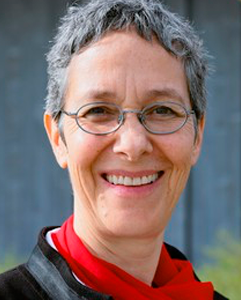Socio-Economic and Environmental Aspects aims at enriching the model developed in Joint Management of Energy and Water by adding crucial layers to the model encompassing socio-economic and human behavior layers and their environmental impact. Digital twins can enable responsive planning, adaptation and operation of the integrated system if the impact and outcomes of public and private actor behaviors on the physical system can be captured and explored through scenario generation. This activity specifically integrates previously disparate methods of socio-economic models (i.e., consumption behavior, discrete choice models, multi-criteria decision analysis, societal transitions modeling, hedonic pricing) such that the role and influence of different actor groups (policymakers, households, municipalities) and step-wise/paradigm shifting transitions on overall system function can not only be replicated, but also explored.
Tasks include refinement of models to incorporate these socio-economic factors as well as testing and validation of how these factors can help simulate dynamic changes in the system if system transitions occur. With a validated model, being able to automate this through an AI or ML-controlled decision-trees would allow its adaptation into more real-time and rapid forecasting within UrbanTwin. Since these are socio-technical models, context-specific validation with stakeholders is crucial and is carried out in close links with Local Infrastructure Planning and Policies Assessment.
Key tasks include:
- Integrate water/energy/transportation models with each other and socio-economic model(s) that replicate behaviors of individuals and stakeholder groups.
- Develop political and individual actions in the integrated model to test transitions in policies and behavior changes due to new regulations and mindsets from public/private actors.
- Validate the model using data collection in concert with stakeholder-initiated policy and technology changes in transition arenas.
- Integrate monitoring of individual choice and decision-making in the household use and generation of energy in the tools.




